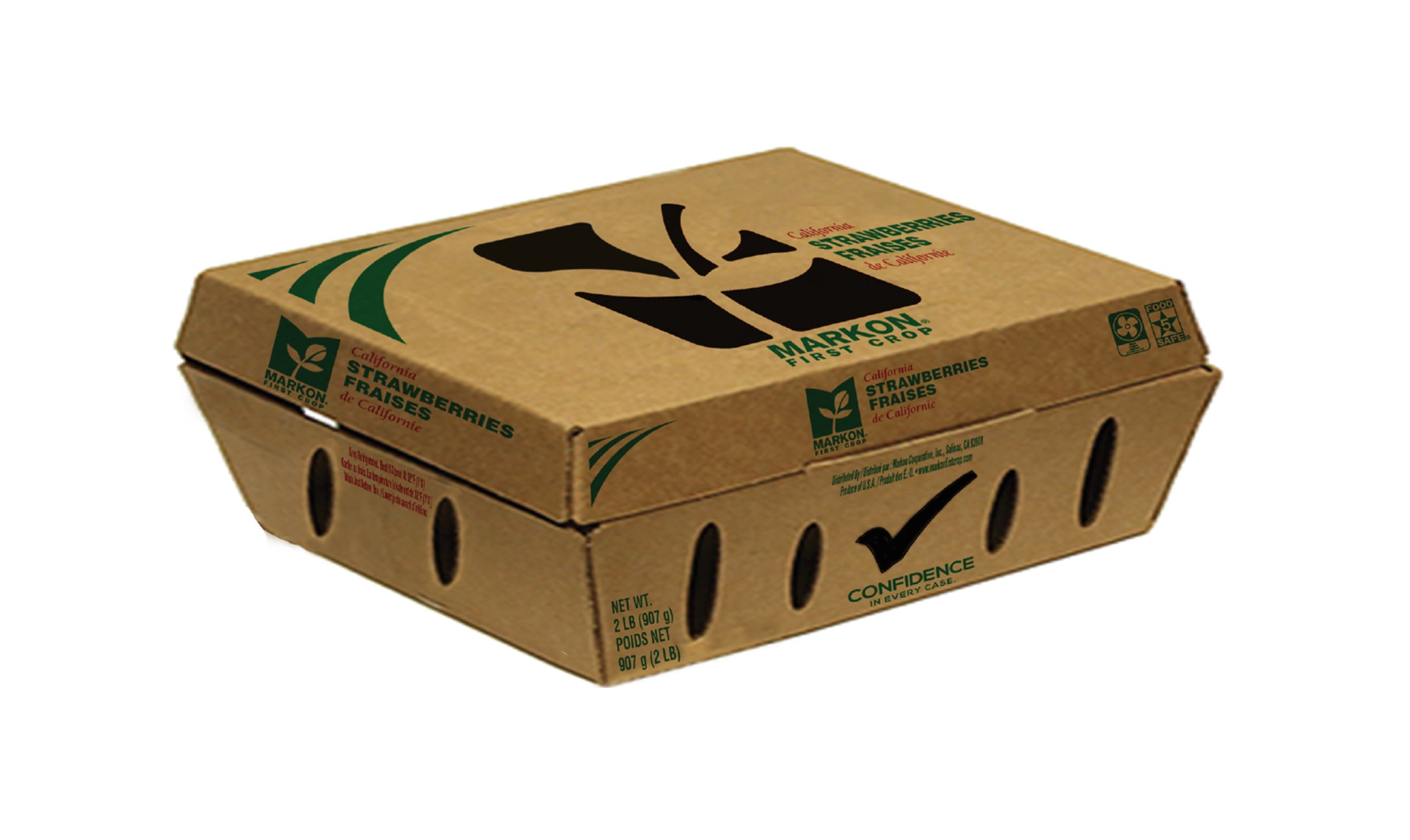Ben E. Keith Foods today announces a plastic reduction initiative, in conjunction with Markon Cooperative Inc., intended to move the produce industry away from single use plastic.
Ben E. Keith, Markon and the Markon membership, have been working with the strawberry grower-partners and Sambrailo Packaging to introduce Ready-Cycle, corrugated, fully recyclable clamshells for the Markon First Crop (MFC) two-pound strawberry containers that Ben E. Keith Foods distributes. The new line of packaging will be applied to strawberry cartons expected to ship in June 2019.
“Nearly 300 million tons of plastic are manufactured each year—and less than 20 percent is recycled, while 8 million tons eventually ending up in the world’s oceans,” said Markon’s president Tim York. “This stark revelation inspired us to review the amount of plastic we are currently putting into the supply chain.”
“The process won’t be easy, but this is the direction we need to be moving. By converting the two-pound plastic MFC strawberry clamshells to cardboard, and with plans in the works for the one-pound containers as well, we will save nearly 30 tons of plastic from going into landfills or oceans,” said Wes Holcomb, Corporate Category Director for Produce and Dairy at Ben E. Keith Foods. “At the end of the day, it’s about doing the right thing. These new goals exemplify our commitment to finding changes that reduce environmental impacts.”
Chris Dahlander, CEO of Snappy Salads based in Dallas, was a part of the testing phase for the new container.
“At Snappy Salads, we have made the commitment to be a good steward of the Earth’s resources across all aspects of our business. Because of this, we were asked to test the new corrugated strawberry clamshell packaging and were struck by how great the packaging held up in shipping and in storing the strawberries in our kitchen,” said Dahlander. “Needless to say, it’s much better for the environment and we’re proud to support Markon’s initiatives. We look forward to working with Markon and Ben E. Keith to develop more innovative ways to reduce the amount of plastic and waste in the produce supply chain.”


